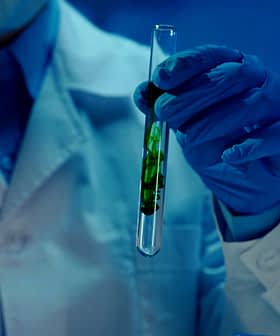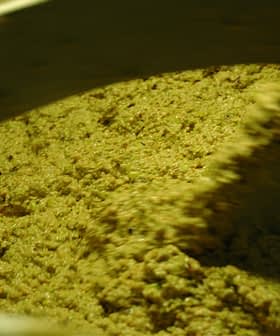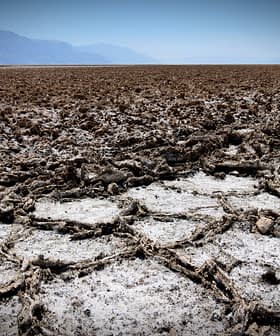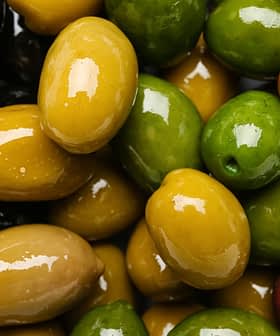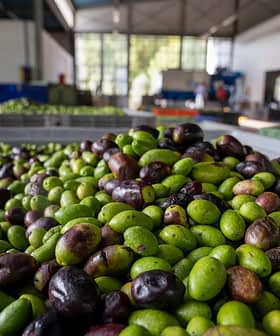Researchers Find a Way to Expedite Photosynthesis
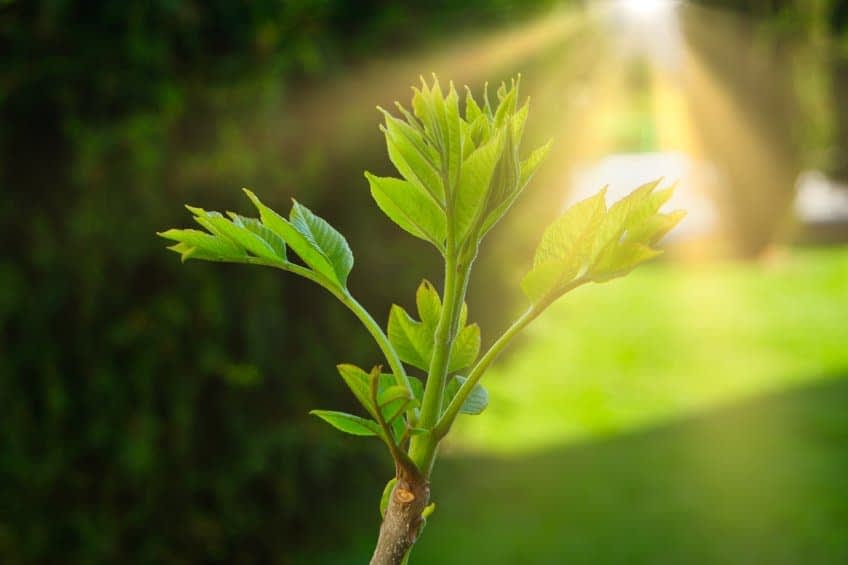
Researchers from the University of Illinois and the University of Lancaster have developed a way to make photosynthesis more efficient in soybeans, resulting in a 20 percent increase in yield. This breakthrough could potentially help address global food shortages and improve food security for the world’s poorest farmers.
Researchers from universities in the United States and the United Kingdom have developed a way to make photosynthesis more efficient in soybeans.
After more than a decade of work, scientists from the University of Ilinois and the University of Lancaster tackled what they had previously identified as one of the least efficient aspects of photosynthesis.
Our research shows an effective way to contribute to food security… Improving photosynthesis is a major opportunity to gain the needed jump in yield potential.
Typically, plants absorb the energy from sunlight and turn it into carbon dioxide. They also use water and minerals absorbed from the soil to create sugars that create growth.
However, in very bright sunlight, plants release excess energy as heat to protect their cells from being damaged. This process of shifting from the so-called “fully productive growth mode” to the “protective mode” takes several minutes, resulting in a natural loss of efficiency.
See Also:Studying Plant Reactions to Environmental Stressors Key to Sustainable AgricultureBy tweaking the genes responsible for this protective function of the plant, the researchers were able to expedite the process, which resulted in a 20 percent increase in yield for the soybean plants.
“This jump in the yield is huge by comparison to the improvements we get through plant breeding,” Stephen Long, an agricultural scientist who works at both universities, told the BBC. “And the process we’ve tackled is universal, so the fact we have it working in a food crop gives us a lot of confidence that this should work in wheat, maize and rice.”
The efficiency of photosynthesis in olive trees could also be improved using a similar method, though staple crops are the main focus of the research.
Long added that the crops could be growing in fields within 10 years, but laws regarding the cultivation of genetically-modified crops would likely impact how quickly and where these crops could be introduced.
The results of this experiment have come at an incredibly timely moment as concern mounts about global food shortages created by drought, conflict and supply chain issues.
A recent report from the Food and Agriculture Organization of the United Nations found that nearly 10 percent of the global population was hungry in 2021. The report added that the situation has been getting worse in recent years.
According to the United Nations International Children’s Emergency Fund (Unicef), more than 660 million people will face malnutrition and food insecurity by 2030.
The scientists behind this research hope it will help the world’s poorest farmers have more productive harvests and bolster food production in the areas where it is most needed.
“The number of people affected by food insufficiency continues to grow, and projections clearly show that there needs to be a change at the food supply level to change the trajectory,” said Amanda De Souza, the study’s lead author.
“Our research shows an effective way to contribute to food security for the people who need it most while avoiding more land being put into production,” she concluded. “Improving photosynthesis is a major opportunity to gain the needed jump in yield potential.”


